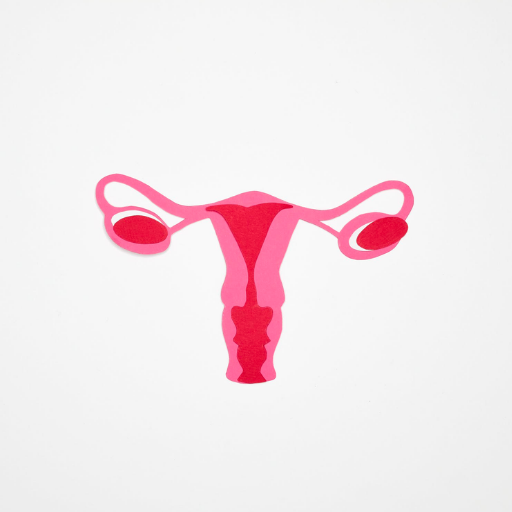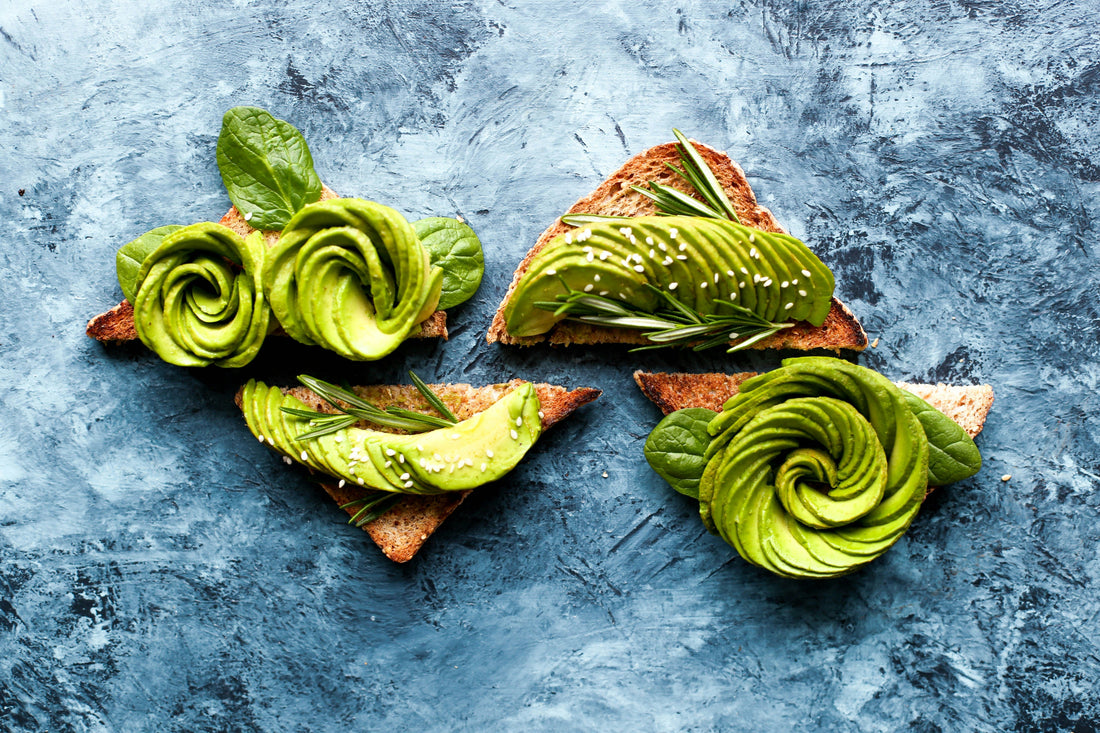In couples or individuals trying to start a family or get pregnant, fertility is the top priority. It is defined as the natural ability to conceive, and it depends upon a few crucial factors.
In females, healthy eggs, unobstructed fallopian tubes, and the egg's ability to implant in the uterus are necessary. In males, healthy sperm is needed. For those experiencing difficulty conceiving or are simply not yet ready, female fertility preservation options are available (1).
Fertility is never guaranteed. In females, blocked fallopian tubes could be caused by unchecked sexually-transmitted infections or even complications arising from unsafe abortions, postpartum sepsis or pelvic or abdominal surgery. Uterine disorders such as endometriosis or fibroids; ovary disorders such as polycystic ovary syndrome (PCOS); and endocrine system disorders leading to an imbalance of reproductive hormones, could all contribute to infertility (2).
Fertility preservation methods
Even in the absence of these, there may still be roadblocks to conception, like undergoing cancer therapy, advancing age, autoimmune diseases and metabolic conditions. In such instances, female fertility preservation can help with getting one pregnant (3).
Freezing an egg or embryo
Freezing an oocyte, or egg, can be the path taken when a female is not yet ready or at a place in their life to get pregnant but wants to make sure they still can later in life (4). Embryo freezing is similar: eggs taken from ovaries will be fertilised with sperm from a partner or donor and grown for a few days before freezing. These can later be used for technologies such as in-vitro fertilisation (5).
Ovarian tissue freezing
Another method is ovarian tissue freezing. Here, the ovarian cortex, the egg-producing part of the ovary, is removed. This can be transplanted later in life to enable pregnancy. This also makes hormone production possible, since damaged ovaries cannot do so. This is especially beneficial for persons undergoing gender affirmation surgery (6).
Improving female fertility
Certain conditions and lifestyle choices do affect female fertility preservation. For instance, obese or overweight women with PCOS may have a harder time conceiving (7). PCOS is a hormonal disorder where women experience irregular or prolonged periods. The ovaries develop fluid-filled follicles, or cysts, and do not release eggs regularly. It is characterised by irregular periods, physical manifestation of excess male hormones (excess facial or body hair, severe acne, male-pattern baldness) (8).
On the flip side, being underweight too, is associated with ovarian problems and infertility.
However, these can be alleviated through the following efforts (9):
- Moderate exercise: too much or overly intense workouts may affect the frequency or regularity of your period and thereby impair fertility.
- Proper weight maintenance: being over or underweight impacts hormone production and leads to infertility.
- Quitting smoking, alcohol and substance abuse, and limiting caffeine intake.
- Limiting medications affecting fertility: it is best to consult with your doctor regarding this.
Female fertility preservation plays a role in ensuring that women, single and partnered alike, can keep their options open for having children. This allows women undergoing treatments like cancer therapy or those who have underlying conditions get pregnant, when otherwise they would not be able to. Making healthier lifestyle choices also has much to do with improving fertility.
Vitamins and minerals can help keep your nutrient levels high as you embark on your fertility journey. Try Vitable vitamins. Get a monthly vitamin subscription to obtain your own personalised vitamin packs, tailored to your specific health needs. Make use of our vitamin delivery service to get the best vitamin packs brought right to your doorstep.
*Always read the label. Follow the directions for use. If symptoms persist, talk to your health professional. Vitamin and/or mineral supplements should not replace a balanced diet.
References:
- “What Is Fertility?” American Pregnancy Association. Published on https://americanpregnancy.org/getting-pregnant/infertility/what-is-fertility/. Accessed 22 Jan 2022.
- “Infertility - Fact Sheet.” World Health Organization. Published 14 Sept 2020 on https://www.who.int/news-room/fact-sheets/detail/infertility. Accessed 22 Jan 2022.
- Hussein, RS, et. al. “Fertility Preservation in Women: Indications and Options for Therapy.” Mayo Clinic Proceedings. Published 1 Apr 2020 on https://doi.org/10.1016/j.mayocp.2019.10.009. Accessed 22 Jan 2022.
- “Egg freezing.” Mayo Clinic. Published 23 Apr 2021 on https://www.mayoclinic.org/tests-procedures/egg-freezing/about/pac-20384556. Accessed 22 Jan 2022.
- “Freezing Embryos.” Johns Hopkins Medicine. Published on https://www.hopkinsmedicine.org/health/treatment-tests-and-therapies/freezing-embryos. Accessed 22 Jan 2022.
- “Ovarian Tissue Freezing (Cryopreservation).” Johns Hopkins Medicine. Published on https://www.hopkinsmedicine.org/health/treatment-tests-and-therapies/ovarian-tissue-freezing-cryopreservation. Accessed 22 Jan 2022.
- “What lifestyle and environmental factors may be involved with infertility in females and males?” National Institute of Child Health and Human Development. Published 31 Jan 2017 on https://www.nichd.nih.gov/health/topics/infertility/conditioninfo/causes/lifestyle/. Accessed 22 Jan 2022.
- “Polycystic ovary syndrome (PCOS).” Mayo Clinic. Published 3 Oct 2020 on https://www.mayoclinic.org/diseases-conditions/pcos/symptoms-causes/syc-20353439. Accessed 22 Jan 2022.
- “Tips to improve fertility.” Mayo Clinic Health System. Published on https://www.mayoclinichealthsystem.org/hometown-health/speaking-of-health/tips-to-improve-fertility#:~:text=Avoid%20drug%20and%20tobacco%20use%20and%20excessive%20alcohol,a%20balanced%20diet%20and%20maintain%20a%20healthy%20weight. Accessed 22 Jan 2022.







